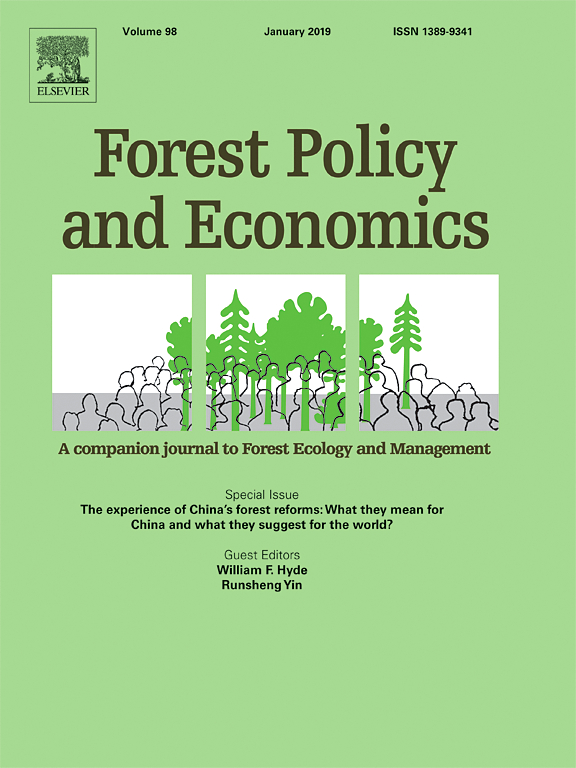An information systems-adapted Contingent Valuation survey was used to assess smallholder farmers' perceptions and the premium they are willing to pay (WTP) to get mobile phone-based information on market prices and product quality to overcome the recurrent information asymmetry issues in the chain. The investigations, consisting of an exploratory case study in Ghana followed by a survey with 285 observations in Benin, demonstrated that market information asymmetry indeed leads to lower prices for farmers. In Ghana, market price alerts through mobile phone messaging allowed decreasing transaction costs for farmers from US $2 to US $150 per transaction. In Benin, most farmers who are using mobile phones are WTP a premium of up to US$2.5 per month to get market price and quality information. Econometric models showed that decisive factors for the premium to be paid include farm location, market channel, profit margin, contact with agricultural extension services and technical support from buyers. The study suggests a multi-stakeholders' platform for an efficient and sustainable mobile phone-based market information system in agri-food chains.
DOI:
https://doi.org/10.1080/02681102.2013.859117
Pontuação Altmetric:
Dimensões Contagem de citações:

















